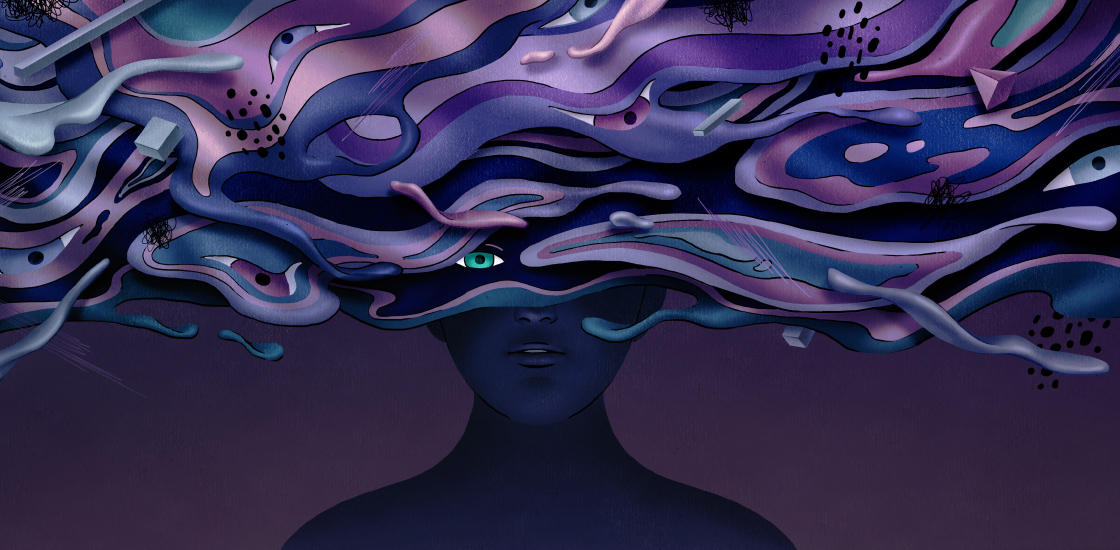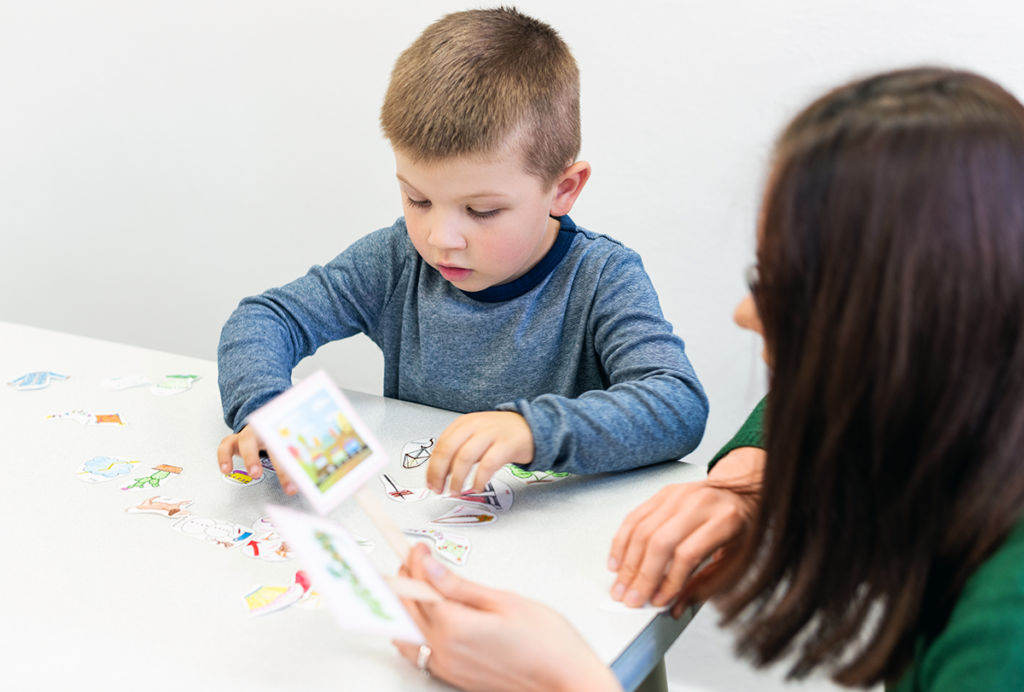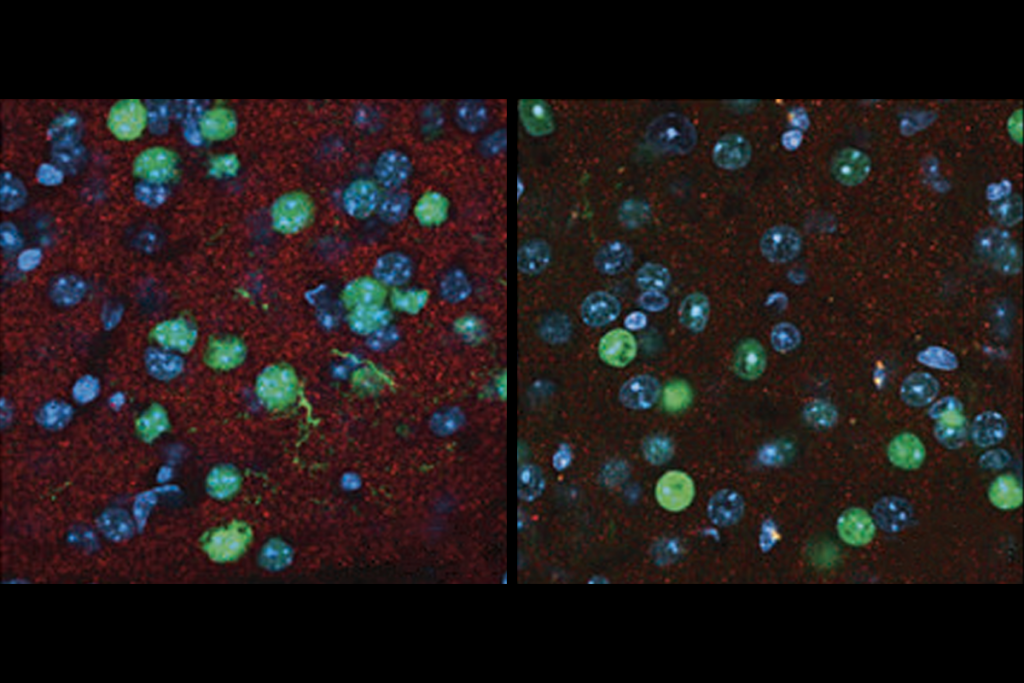Signs of psychosis in people with autism warrant serious concern
Many young autistic people with signs of emerging psychosis go without appropriate care.

When people think about schizophrenia, they may think about the movie “A Beautiful Mind” or a woman they passed on the sidewalk who seemed to be arguing with angry voices in her head. They are unlikely to picture a person with autism.
Psychosis is defined as a period of abnormal perceptions (hallucinations) and distortions of reality (delusions). A person with schizophrenia experiences recurrent psychotic episodes and poor functioning in their daily life — in school or at work — in between.
Most young autistic people do not and will not have psychosis or schizophrenia. As a class, psychotic disorders are relatively rare in the general population; they occur in about 1 in 100 people. But — and this is an important but — research increasingly suggests that psychosis occurs in more than 3 in every 100 autistic people, more than three times the frequency in the general population1.
We are researchers who study psychosis and autism: One of us is an autism specialist with an interest in psychosis, and the other is a psychosis specialist with interest in autism. Together, we aim to raise awareness in the public, and especially among clinicians, that these conditions do co-occur. By doing so, we hope to give autistic people who experience psychosis access to proper diagnosis and treatment.
Many clinicians in early-psychosis clinics fail to recognize psychosis in autistic people for what it is. More often than not, they chalk up their hallucinations and delusions to their autism. In a similar vein, when a person with autism having these same experiences visits an autism clinic, she is not likely to be passed on to specialists in psychosis. Either scenario puts young autistic people with signs of emerging psychosis at risk of going without care.
Conflated conditions:
Autism and schizophrenia share a convoluted history. Before autism had its own entry in the Diagnostic and Statistical Manual of Mental Disorders, people with autism were diagnosed with childhood-onset schizophrenia. When autism finally got its own category in 1980, the criteria prohibited dual diagnoses of autism and schizophrenia, perhaps to steer clear of the previous confusion.
Autism and schizophrenia continue to be quite separate in terms of research and clinical care. Even though specialized clinics exist for each condition, they are largely siloed from each other. The following case studies illustrate the problem.
A 17-year-old autistic boy we’ll call Philip was referred to an early-psychosis clinic because he had created two personal counselors in his head. During his visit to one of us, Philip relayed his imaginary counselors’ opinions. The team concluded that Philip was at risk of having full-blown psychosis within a year. However, we also concluded that his symptoms could be seen through the lens of his autism. We referred him back to the autism clinic without, unfortunately, any plans to follow up on his psychosis.
In another instance, a 14-year-old autistic girl we’ll call Sarah began expressing concerns about being poisoned. During an evaluation at an autism clinic, she became paranoid and enraged by the cameras in the room, despite being told they were not recording. After the evaluation, clinicians were unsure whether the symptoms met criteria for a psychotic condition, so she was not referred to an early-psychosis clinic. There was no follow-up with psychosis experts.
Similar signs:
We wanted to see if emerging psychosis in an autistic person looks different than in the general population. In work published this year, we collected data from participants in the North American Prodrome Longitudinal Study, which followed young people with early signs of psychosis for two years2. We used information from clinical interviews, questionnaires and cognitive testing in 26 people with autism and 738 controls to assess early signs of psychosis, likelihood of developing a full-blown psychotic condition and predictive factors, such as age, family history of psychosis and stressful life events.
Our results might surprise those who think people with autism do not develop psychosis. The autistic people and controls displayed remarkably similar patterns of psychosis traits. They were also equally likely to develop full-blown psychosis within two years — about 20 percent in each group. Finally, the factors that predict risk for psychosis in the general population also held for autistic people.
Our findings suggest that emerging signs of psychosis should be taken seriously in people with autism.
Our study is not definitive, however. It included only a modest number of people with autism and was restricted to those whose caregivers had concerns that resulted in evaluation for psychosis. All of our participants were verbal enough to report what they were experiencing. To better understand how psychosis develops in autism, we need large studies in which people with autism are monitored over time, and we need to include minimally verbal individuals with autism.
We may also need better tools for assessing psychosis in autistic people and to understand whether traditional treatments for psychosis — medication, cognitive interventions and psychosocial supports — are also effective for these individuals. The to-do list is long, but the need is immediate.
Last month, we received an email from a mother who was seeking help for her 15-year-old son. Diagnosed with autism in preschool, he had become increasingly disengaged, caught up in his own thoughts and paranoid. Though he had always struggled socially and with conversation, his verbalizations were making less and less sense. He was talking to himself, yelling back to the apparent voices in his head. He was constantly agitated. The mother asked us what we knew about treatment of psychosis in autism.
Unfortunately, the limited research meant that we did not have a good answer for her, although we encouraged her to get her son evaluated and to consider medication. Despite the lack of proven courses of action, it is crucial for emerging symptoms of psychosis to be taken seriously. Children like Philip and Sarah need it now.
Jennifer Foss-Feig and Eva Velthorst are assistant professors of psychiatry at the Icahn School of Medicine at Mount Sinai and faculty members at the Seaver Autism Center for Research and Treatment in New York.
References:
Recommended reading
Home makeover helps rats better express themselves: Q&A with Raven Hickson and Peter Kind

Genetic profiles separate early, late autism diagnoses

SHANK3 deficiency and behavior in mice; and more
Explore more from The Transmitter
Psilocybin rewires specific mouse cortical networks in lasting ways
